In the weeks before the start of the delayed Euro 2020 competition, thousands of 8–16 years olds attending professional football club academies across England will be told if they are being retained or released. This annual end-of-season process can be a traumatic experience for young players, their families and the staff at their clubs. For those who are released the emotions of rejection, failure, and a fear that their hopes of becoming a professional footballer have just encountered an insurmountable barrier will be common. For those who are retained their dreams and aspirations of a future career in football live on for another year. Yet less than 1% of those who have experienced academy football will become a professional footballer, and even fewer will play at the highest level and have the opportunity to represent their country.
Every member of the England squad for Euro 2020 developed their talent within a professional football club academy (see the table below). Some were released by one club and moved to another like Harry Kane who went to Tottenham Hotspur after Arsenal let him go at the age of 8 for not being athletic enough. Others have been ‘transferred’ from a ‘smaller’ club to a ‘bigger’ club such as Raheem Stirling, who moved from Queens Park Rangers to Liverpool in February 2010 at the age of 15.
|
Player |
Club Academy attended (8–16 years of age) |
|
Jordan Pickford |
Sunderland |
|
Sam Johnstone |
Manchester United |
|
Dean Henderson |
Carlisle then Manchester United |
|
Kyle Walker |
Sheffield United |
|
Ben White |
Southampton |
|
Harry Maguire |
Sheffield United |
|
Kieran Trippier |
Manchester City |
|
John Stones |
Barnsley |
|
Conor Coady |
Liverpool |
|
Jordan Henderson |
Sunderland |
|
Declan Rice |
Chelsea then West Ham United |
|
Jack Grealish |
Aston Villa |
|
Raheem Sterling |
Queens Park Rangers then Liverpool |
|
Jadon Sancho |
Watford then Manchester City |
|
Marcus Rashford |
Manchester United |
|
Dominic Calvert-Lewin |
Sheffield United |
|
Kalvin Phillips |
Leeds United |
|
Luke Shaw |
Southampton |
|
Harry Kane |
Arsenal then Tottenham Hotspur |
|
Phil Foden |
Manchester City |
|
Ben Chilwell |
Leicester City |
|
Mason Mount |
Chelsea |
|
Reece James |
Chelsea |
|
Jude Bellingham |
Birmingham City |
|
Tyrone Mings |
Southampton |
|
Bukayo Saka |
Arsenal |
The players in the England squad represent those who have reached the pinnacle of the talent pathway in football. They have navigated a bumpy road, overcome many challenges and managed the transitions from youth to senior football as well as establishing themselves as regular first team players. They are the few among the many who started a long journey. They are also a group of players who for the most part have developed under the Elite Player Performance Plan (EPPP), a system of youth development introduced throughout England in 2012.
The Elite Player Performance Plan
For some, it has created an exploitative system where the Premier League clubs can recruit the best talent from other clubs and pay little by way of compensation.The Elite Player Performance Plan is led and partly funded by the Premier League in collaboration with The Football Association (FA) and the Football League. It aims to be a world-class youth development system which consistently produces better quality home grown players. The plan provides additional time for players to practice, better standards of coaching, higher standards of medical and welfare support and continued access to high quality education. Each professional football club’s academy is regularly audited and placed into one of four categories. Premier League clubs and some Championship clubs operate Category 1 academies which require an annual multi-million-pound investment. Category 2 and 3 academies are generally associated with clubs in League 1 and League 2 of the Football League, while Category 4 is for clubs who operate their academy solely for players over 16 such as Brentford and Huddersfield Town.
The EPPP was a controversial re-structuring of youth football in England when it was introduced. Many clubs considered some of the regulations overly favourable to clubs in the Premier League. Primarily these concerns were focused on the compensation fees paid if a player moved, like Raheem Sterling, from one club to another. These fees became fixed and considerably lower than some of the fees which had been negotiated in the past. For some, like Paul Scally the Chairman of Gillingham Town and a vocal critic of the EPPP, it has created an exploitative system where the Premier League clubs can recruit the best talent from other clubs and pay little by way of compensation.
Investing in national youth teams
The introduction of the EPPP also coincided with The FA increasing their investment into the national youth teams. No England youth team had won a major international tournament since the under 18 team won the UEFA Championship in 1993, a team that featured Paul Scholes, Gary Neville, Nicky Butt, Robbie Fowler and Sol Campbell. The increased investment by The FA has enabled the most talented players from academies to gain more experience of the challenges associated with international tournament football. In 2017 The FA’s investment was rewarded when their under 19 team, which included Mason Mount and Reece James, won the UEFA Championships and the under 17 team won the FIFA World Cup in India, a team that included Phil Foden, Jadon Sancho and Callum Hudson-Odoi.
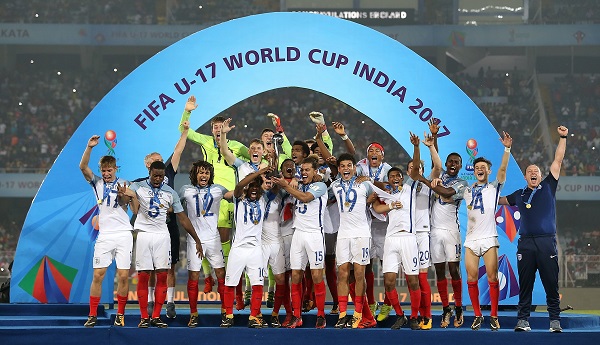
The system of youth development in England has undergone a significant transformation over the past decade. The EPPP and the investment into the England youth teams has been a catalyst for this. But with the escalating cost of buying established players club owners may still have increased the amount of money they invested into their academies to develop their own players. Furthermore, the youth development system remains far from perfect, and much more needs to be done to protect the rights and welfare of those involved. Yet each England player that starts in the Euro 2020 Championships represents the product of an increasingly sophisticated and highly resourced talent development system. There will be many however who argue these players are just the ones who have emerged relatively unscathed from a system that is controlled by the often ruthless business decisions of professional football clubs.

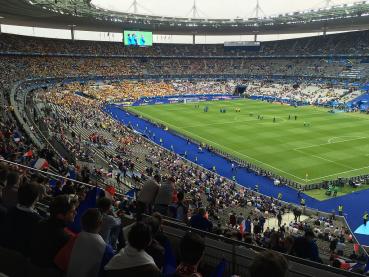
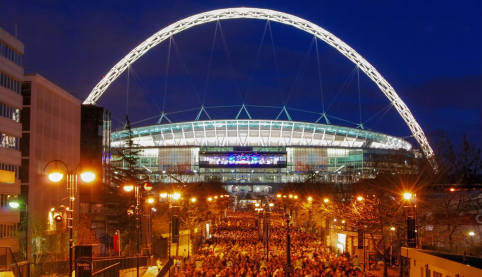

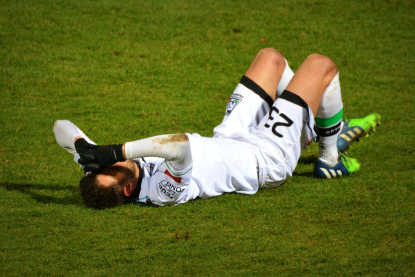

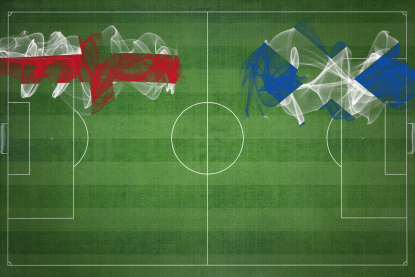
Rate and Review
Rate this article
Review this article
Log into OpenLearn to leave reviews and join in the conversation.
Article reviews